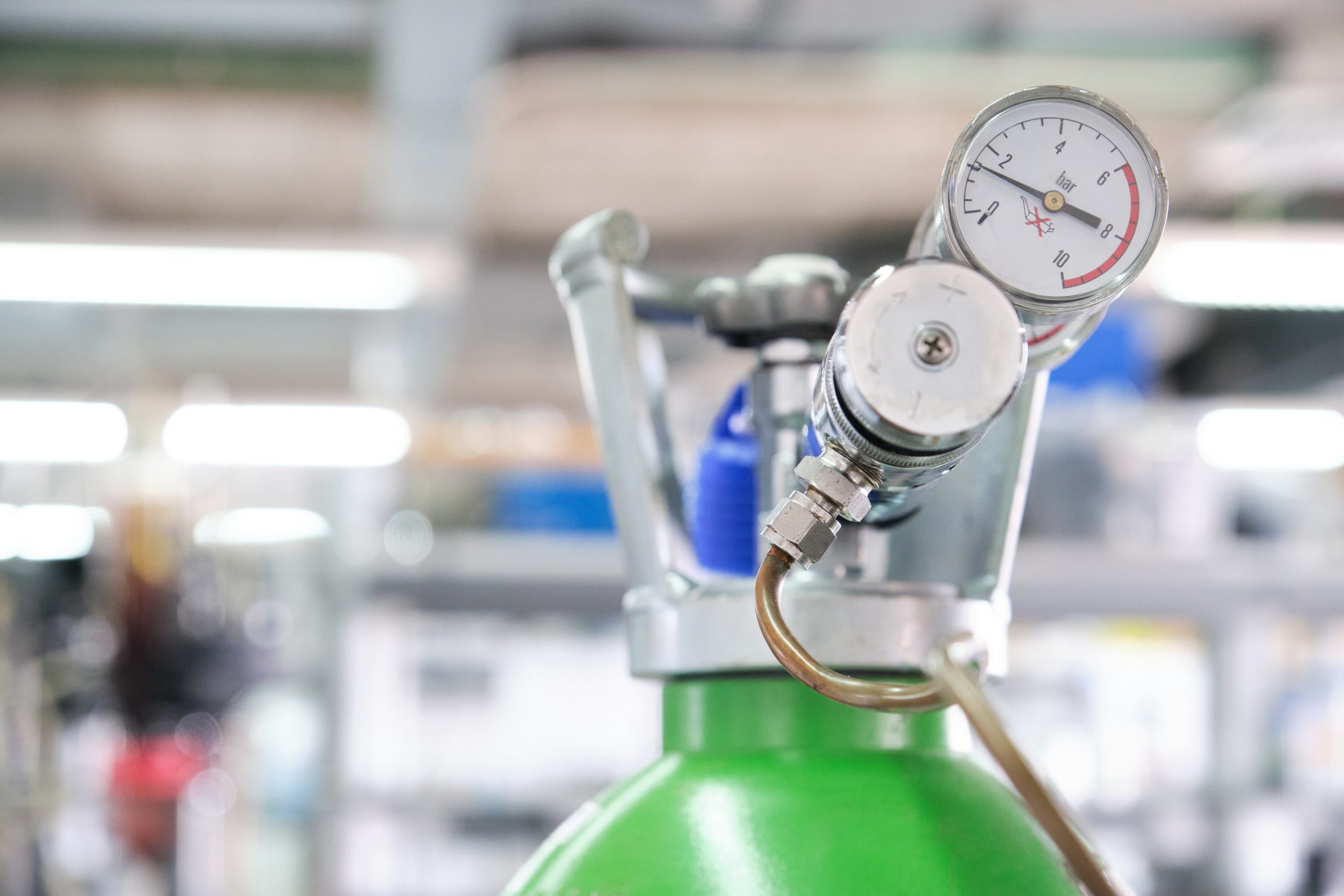
Gas hoses are flexible tubes that carry gases from supply points to various equipment and processes. They are used across multiple industries, including welding, manufacturing, HVAC, medical and industrial gas distribution. These hoses must be reliable and durable to handle the specific requirements of the gases they transport.
Gas hoses can be classified according to:
Common materials used to make gas hoses include:
Pressure rating indicates the maximum pressure a hose can handle. Choosing a hose with a pressure rating higher than the maximum pressure of the gas being transported is important for safety and durability.
Common leak detection methods include:

Choosing the right gas hose for your specific application and maintaining it properly are crucial steps to ensure safety and efficiency.
Here are factors to consider when selecting a gas hose:
Here are a couple of things you can do to ensure your gas hose is what you need:
Proper maintenance and timely replacement of gas hoses are essential for longevity and safe operation. Here are some signs it is time to replace your gas hose:
Here’s how to keep your hoses in top condition:
Meritus Gas Partners sources gas hoses from leading manufacturers known for their quality and reliability. These include:

For reliable, high-quality gas hoses that meet your specific needs, visit a Meritus Gas Partners location near you. Our certified professionals will help you select a hose that promotes safety, efficiency and durability in your applications. Explore our extensive selection and get a quote or expert advice at a local partner location.